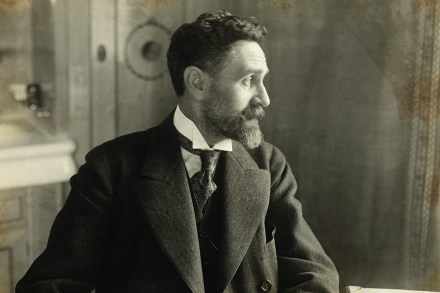Survival of the cruellest in 16th-century Constantinople
The 16th-century Ottoman ruler Sultan Suleyman liked to impose himself on foreign monarchs from the start, always beginning official letters with the uncompromising assertion: ‘I am the great lord and conqueror of the whole world.’ In this sparkling account of his middle years, the second in an ambitious three-volume biography, Christopher de Bellaigue never actually describes Suleyman as ‘the magnificent’, his most widely known epithet. But he certainly conjures up his awesome presence at home and abroad in animated prose saturated with vivid colour and detail. So, in 1538, we encounter the sultan in his mid-forties, a swan-necked figure in a white lozenge-shaped turban, riding to war in the Balkans.





